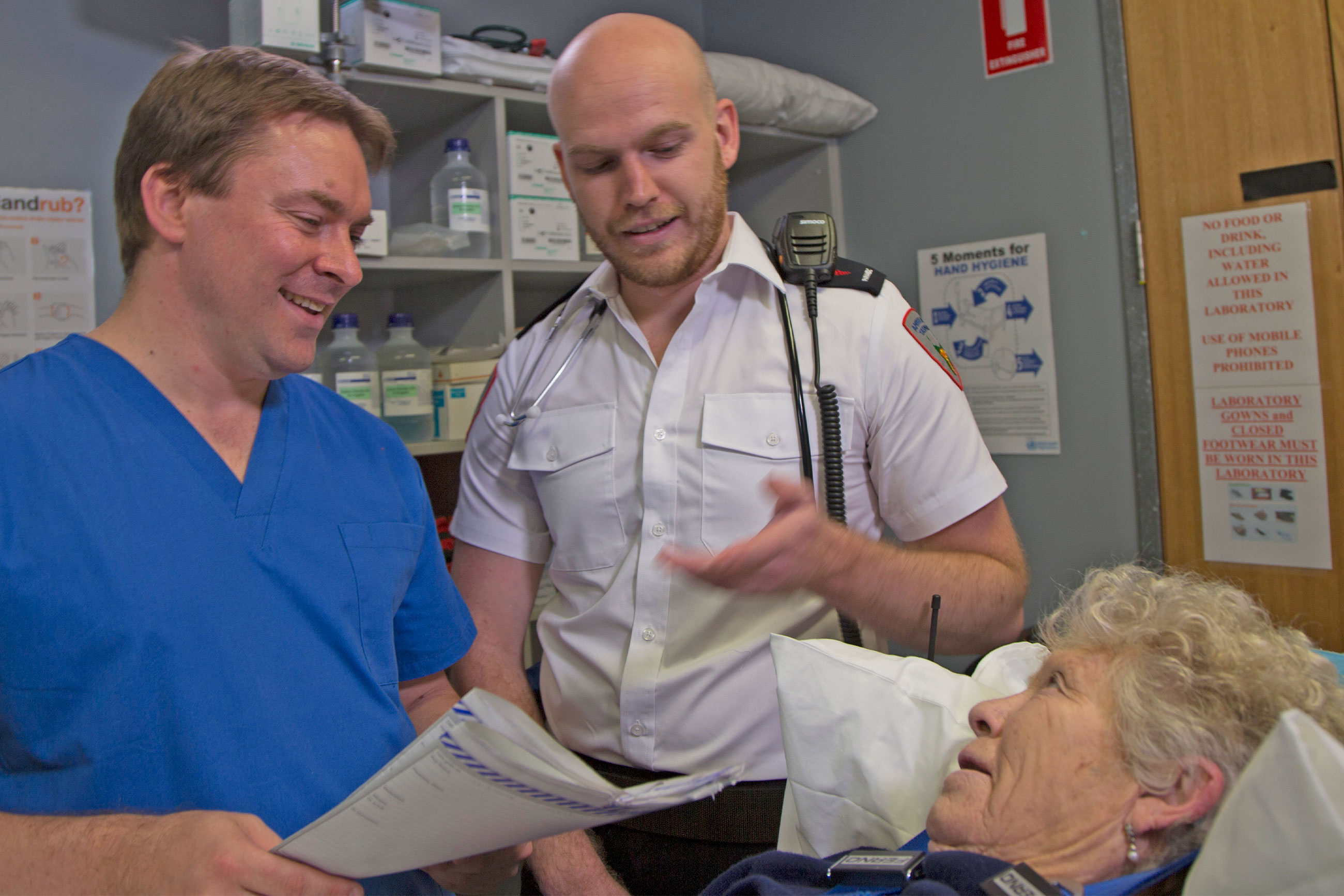Motivational interviewing
Motivational interviewing is a collaborative, person-centred way of guiding the person to elicit and strengthen motivation to change.1
The goal is to increase intrinsic motivation rather than to impose it externally. It involves a flexible blend of informing, asking and listening, and works to evoke the person’s own values, goals, insights, motivation and resources for change.2
Motivational interviewing involves:3
- helping the person to identify areas for change
- highlighting any discrepancies between present behaviour and broader goals
- encouraging the person to examine the benefits they would experience from improving their lifestyle (e.g. nutrition, physical activity) and self-management skills
- asking the person to compare potential outcomes if they do make changes versus if they do not
- asking the person to identify any challenges, barriers or negative aspects involved in making improvements (e.g. costs, access to good food)
- helping the person determine specific and achievable solutions to the challenges, barriers and negative aspects involved in change
- establishing the person’s motivation and confidence to make changes
- asking the person to summarise, in their own words, their goals, and how they are going to achieve them.
There are various factors to consider when determining the best approach to assess and assist behavioural change, including cultural issues, physical environment/residence, beliefs and expectations, literacy, interest and motivation, addictive behaviour, coping style, and emotions and mood.
Asking the person to weigh up the pros and cons of making a change, versus staying the way they are, is a common technique. This is called ‘decision balance’ and can help the person decide whether to immediately make a change.
For those people who are ready to make changes, time will be needed to explain and plan together how the change can be made.
People who have already made a change may require follow-up to monitor progress and deal with any relapses or difficulties.
Motivational Interviewing as a process provides insight into lifestyle-related health issues, and a person's capacity to make changes in behaviour.
- 1. Miller WR, Rollnick S. Ten things that motivational interviewing is not. Behav Cogn Psychother 2009;37:129–40.
- 2. Rollnick S, Miller WR, Butler CC. Motivational interviewing in health care: Helping patients change behaviour. New York: Guilford Press, 2008.
- 3. Sharing Health Care: Guidelines for General Practitioners working with Chronic Conditions Melbourne: The Royal Australian College of General Practitioners; 2001.


